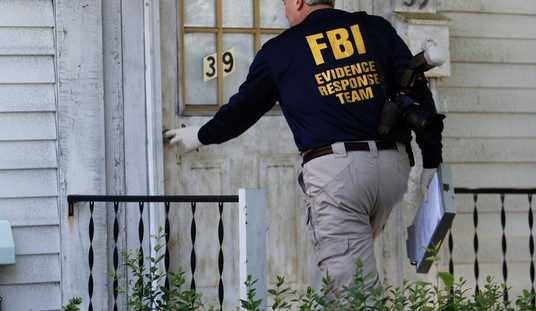And not just a few minor documents either. No, according to the Dallas Police Department, that employee somehow managed to erase eight terabytes worth of crime data during a data migration back in April, though the damage is just now coming to light.
According to the Dallas County District Attorney’s office, officials there didn’t learn about the data loss until August 6th, when it asked the DPD why several pending court cases were missing files.
The lost files, which included “images, video, audio, case notes or other items collected by DPD personnel in the course of their routine daily duties,” have now thrown numerous court cases into jeopardy.
District Attorney John Creuzot has said that the “the number and identification of specific cases affected” by the incident “is currently unknown.”
Why didn’t the police department tell everybody sooner?
According to them: “It was our intention to fully evaluate whether the data was recoverable or not to know the full extent of the problem if any.”
The DA says he’s still not sure how many cases have been impacted, but 8TB is a lot of data, and it’s a fair assumption that we’re not going to be talking about a handful of charges that might ultimately have to be dismissed as a result of the screw up.
In fact, at least one murder suspect has now been granted bond because of the data loss.
A Texas man who was scheduled for trial on a murder charge this week was instead granted release on bond amid temporary concern that material in his case might be among troves of police data lost from the Dallas department’s computer system.
A Dallas County judge granted Jonathan Pitts bond Thursday after prosecutors asked the judge to delay his trial as they worked with police to determine whether case material was part of the information lost while the Dallas Police Department was moving data from a computer network drive. It was not immediately clear when Pitts would be freed from jail.
The release of Pitts, who is charged in the 2019 shooting of Shun Handy, was ordered as authorities race to determine how many cases may have had evidence vanish in the eight-terabyte data loss. Prosecutors told Judge Ernie White Thursday that they needed more time to work with police to audit the materials in Pitts’ case to determine whether anything was lost.
The fact that the District Attorneys office isn’t sure if they still have case material is deeply troubling. The Dallas Police Department may know how much data was lost, but it sounds like authorities truly don’t know which cases may have been impacted, at least at the moment.
For now, it doesn’t appear as if any charges have been dismissed outright, but that’s likely going to start happening in the coming days and weeks. What happens, for instance, if some or all of the data connected to Jonathan Pitts’ murder case really has been lost? Will an accused killer go free simply because prosecutors no longer have access to some of the evidence they were planning to use in their case?
The end result of this screwup is going to be accused criminals returned to the streets instead of facing trial, which could very well lead to an increase in violent crime. If there’s one silver lining its that the data loss happened in Texas, where Constitutional Carry takes effect in less than two weeks. There may very well be more violent criminals on the streets of Dallas come September 1st, but there’ll likely be far more armed citizens ready and able to defend themselves as well.









Join the conversation as a VIP Member